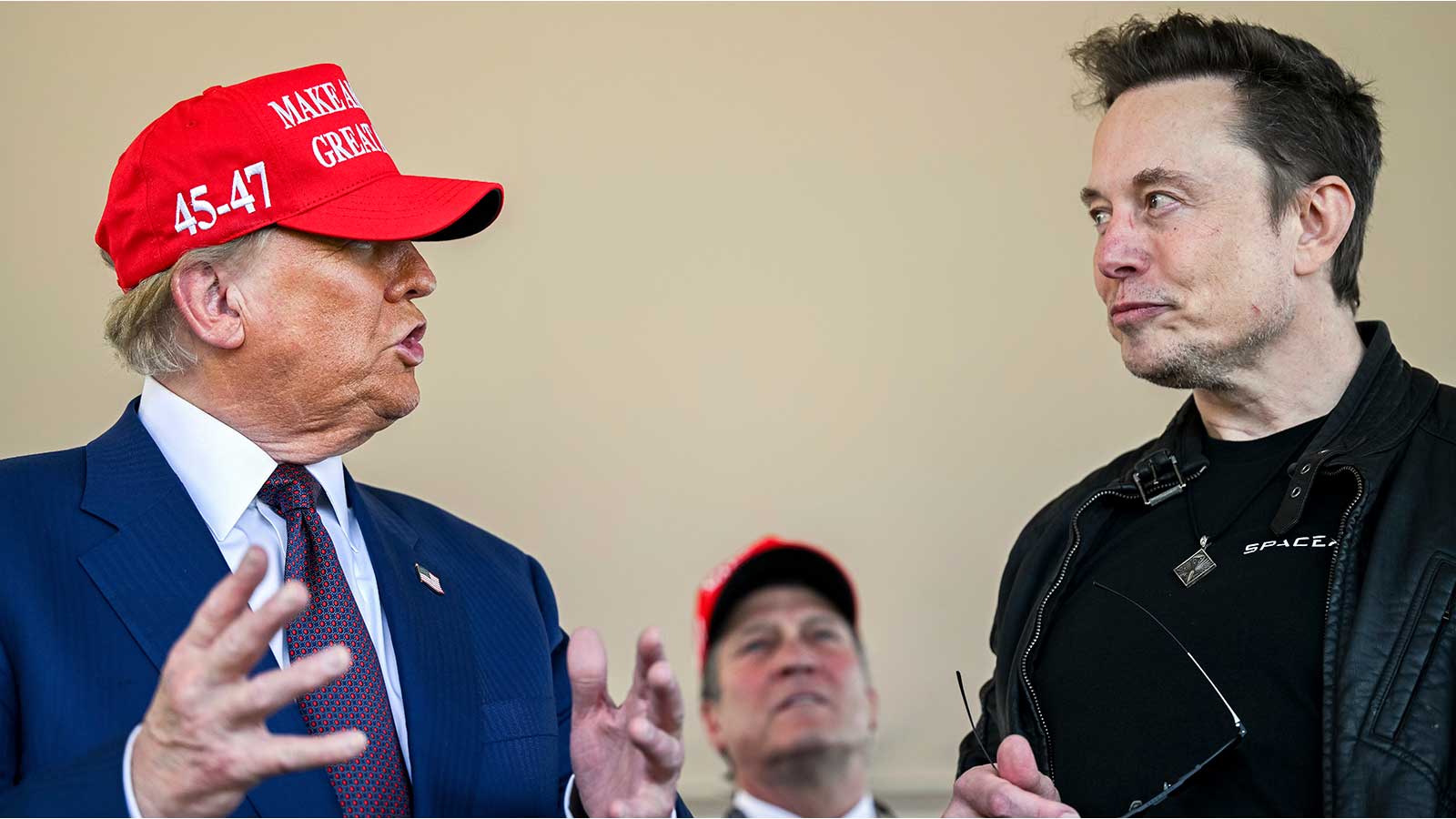- Trump’s draft budget proposes cutting NASA’s science budget from $7.3 billion to $3.9 billion.
- Key missions like the Mars Sample Return and Nancy Grace Roman Space Telescope face cancellation.
- Earth Science and Planetary Science budgets would be slashed significantly.
- Former NASA leaders and Congress members strongly oppose the cuts.
- The budget is still in draft form and subject to Congressional approval.
Trump’s Proposed NASA Budget Cuts Threaten Key Science Missions
The Trump administration is planning to cut NASA’s science budget nearly in half, according to an early budget proposal to Congress. The Washington Post reports that NASA’s Science Mission Directorate, which currently operates on a $7.3 billion budget, could see its funding reduced to $3.9 billion. While the proposal has yet to be formally submitted, the potential cuts would have a devastating impact on the space agency’s ongoing and future missions.
Impact on Major Missions
Among the most significant casualties of the proposed budget is the Nancy Grace Roman Space Telescope, the successor to the Hubble and Webb space telescopes. Despite hardware already being tested at NASA’s Goddard Space Flight Center, the project would lose funding under the draft budget. The telescope is scheduled for launch as early as September 2026, but its future is now uncertain.
The Mars Sample Return mission, a cornerstone of NASA’s planetary science efforts, is also at risk. The mission aims to bring Martian soil and rock samples back to Earth for analysis, a critical step in understanding the planet’s potential for past or present life. The proposed budget would reduce planetary science funding from $2.7 billion to $1.9 billion, jeopardizing this and other initiatives.
Earth Science Takes a Hit
NASA’s Earth Science program, which focuses on studying climate change and environmental monitoring, would face a particularly severe cut. Its budget would be slashed from $2.2 billion to less than half that amount. This reduction could cripple efforts to monitor global climate patterns, natural disasters, and other critical environmental data.
Reactions from Experts and Lawmakers
Casey Dreier, chief of space policy at the Planetary Society, described the proposed cuts as an “extinction-level event for NASA science.” He emphasized that the cuts would terminate functional missions and waste billions of taxpayer dollars already invested in ongoing projects. “This is neither efficient nor smart budgeting,” Dreier added.
Former NASA administrator Bill Nelson warned that the cuts would “run NASA into a very deep ditch.” He argued that reducing science funding would also undermine Trump’s own space exploration goals, including the ambition to send astronauts to Mars. “If you savage NASA science, you have savaged our entire exploration program,” Nelson told The Washington Post.
Congressional leaders have also voiced strong opposition. Representative Zoe Lofgren (D-CA), a top member of the House Science, Space, and Technology Committee, called the cuts “absurd” and vowed to prevent them from being implemented. “I will do everything in my power to ensure these reckless proposals never come to fruition,” she said.
What’s Next for NASA’s Budget?
It’s important to note that the Trump administration’s budget proposal is still in the draft stage, known as a “passback,” and has not been formally submitted to Congress. NASA has acknowledged receiving the draft and is currently reviewing it. The final budget will ultimately require Congressional approval, and lawmakers are expected to push back against the proposed cuts.
Senator Chris Van Hollen (D-MA) predicted “very strong bipartisan resistance” to the cuts, emphasizing their potential to damage the U.S. space program and national security. “This is like eating your seed corn,” he said, “and it will have very damaging impacts on our space program, on national security programs, and it will undermine our leadership in the area of technical innovation and scientific research.”
The Trump administration’s proposed NASA budget cuts represent a significant threat to the agency’s scientific missions and long-term goals. While the draft is not yet final, the potential reductions have sparked widespread concern among experts, former NASA leaders, and lawmakers. As the budget process moves forward, the fate of NASA’s science programs will depend on the ability of Congress to push back against these drastic cuts.

